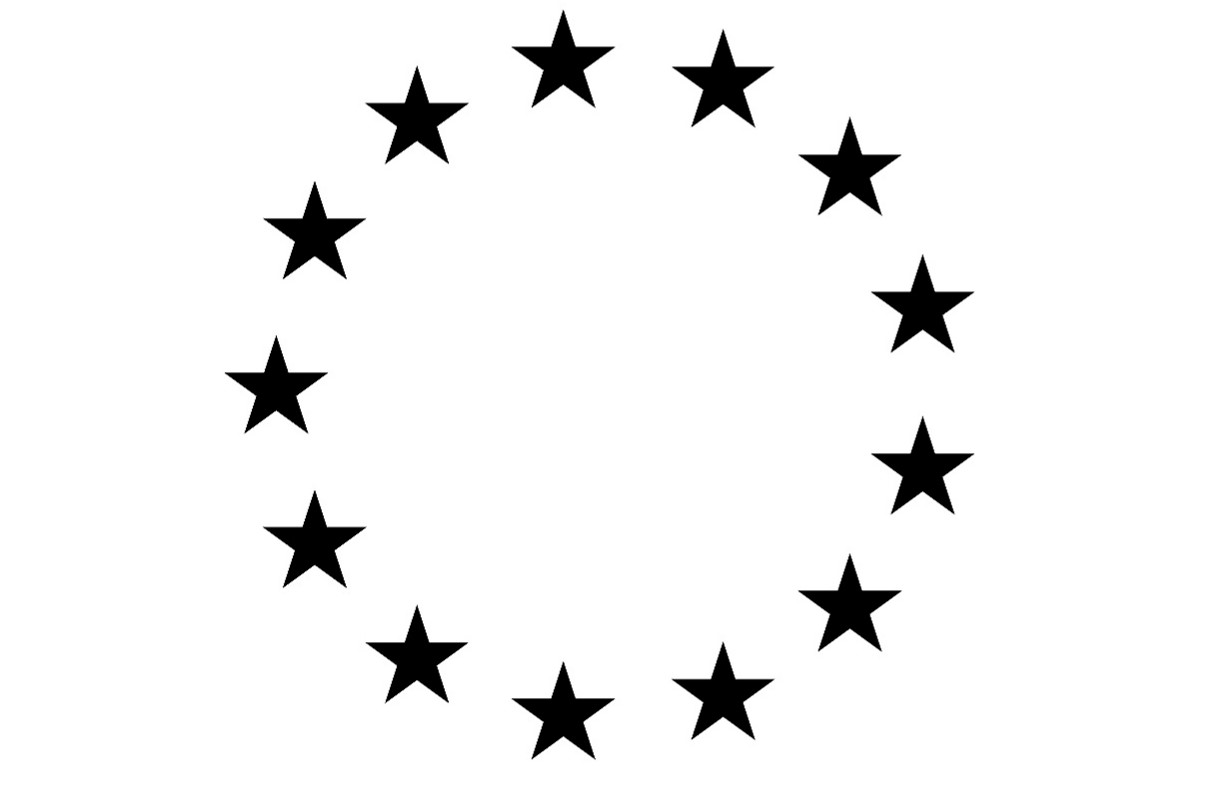Austria (& US-based), Magic is developing a “code-generation platform” for software engineers. Like a human engineer, it aims to communicate in natural language & collaborate with users to write, review, debug & plan (even complex) code changes. Powered by large language models, the product operates like an “AI pair programmer” able to understand & continually learn more about the context of the coding project & developer. In doing so, Magic is similar to Microsoft’s Github Copilot, which uses an AI model (based on GPT-3) to automatically write software (it’s a formidable ~competitor, with substantial corporate backing, used by <1.2m people & now also being positioned as an enterprise tool with Copilot for Business). So, how’s (yet to be released) Magic different from Copilot? according to mgmt, “it’ll essentially be able to do the same”, but rather than being based on transfomers (the most popular architecture at present for natural language, pioneered by Google), Magic uses a “new neural network architecture that can read 100x more lines of codes” & “it allows developers to describe what they want in English – it’s a completely different space than providing suggestions (as developers write code)”. It’s worth pointing out that Magic might have to overcome the same legal issues grappling Copilot, which was trained on publicly available code – some of which is copyrighted – & is currently being sued in a class action (Copilot argues “fair use” – the doctrine in US law that permits the use of copyrighted material without having to obtain permission from the rights holders – but the jury’s still out) (ps: to avoid this, Magic is said to be “taking steps to prevent copyrighted code from showing up in the tool’s suggestions & citing the source of suggested code where possible”). Beyond Copilot, Magic will also ~compete against the likes as Tabnine (IL) (€30m), Mutable (US) (€n.a.), Mintlify (US) (€2.6m) (more focused on documentation) as well as open source projects like BigCode. Honorable mention also goes to now defunct Kite (US) (€20m). But, given the software talent shortage, tools to help scale developers can be expected a mainstay. Founded by Eric Steinberger (CEO) & Sebastian De Ro (CTO), Magic evolved from an AI consultancy in 2020 to an AI product company by 2022 (much of the early engineer team e.g. Stefan Matar, Manuel Wolkowitsch, Marco Stephan & Karim Darwish hails from FireStart, an Austria-based “Business Process Management” startup). With the new funding, Magic will grow its team to 25 people with a focus on engineering, product & go-to-market. Eager to try Magic? then join the Magic waitlist! <Source: techcrunch.com, trendingtopics.eu, cmswire.com, prnewswire.com, aithority.com, siliconangle.com, brutkasten.com, tech.eu>


